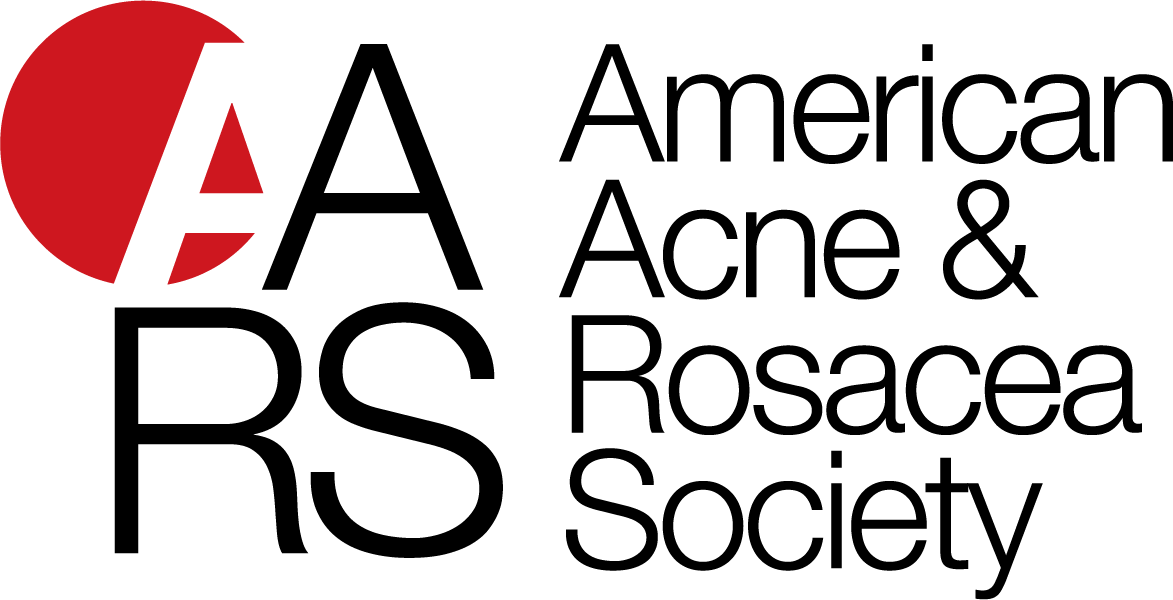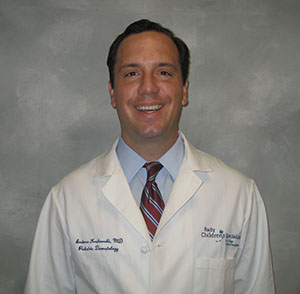William Howard McCoy IV, MD, PhD
Division of Dermatology, Washington University
St. Louis, Missouri
2015 Research Grant Recipient
The Skin Microbiome Response to Systemic Isotretinoin Acne Therapy
Abstract
The association of acne vulgaris with Propionibacterium acnes has been the subject of intense investigation for half a century. While the role of this bacterium in acne pathogenesis continues to be debated, the majority of acne treatments are antimicrobial and clinicians commonly prescribe systemic antibiotics. Frequent antibiotic treatment risks collateral damage to the normal human microflora (colonization by multi-drug-resistant organisms), which has already been reported in acne patients. Recent microbiome work described P. acnes strains distinctly associated with normal skin versus the skin of acne vulgaris patients, and further identified genomic regions unique to acne-associated strains. While this work provides a snapshot of the skin microflora, the response of these strains to acne treatment is unknown. We hypothesize that P. acnes communities of symptomatic acne patients will shift towards those observed in normal skin following successful clinical treatment. Microbiomes of patients without acne will be compared to patients with acne undergoing isotretinoin treatment. If acne treatment is shown to mold the skin microbiome towards that of “normal skin,” this would support research into the targeting of acne-associated strains while sparing commensal strains essential for skin health, thus alleviating the dangers of “collateral damage” in acne treatments.


